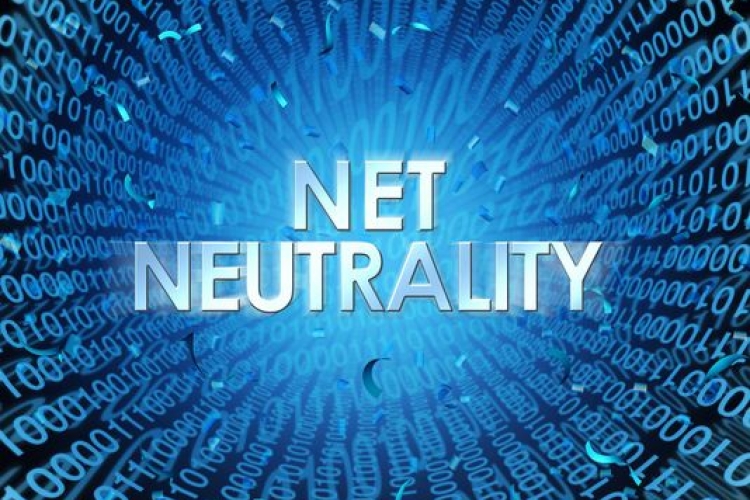Telecom Commission has approved the recommendations of the Telecom Regulatory Authority of India (TRAI) on net neutrality
India will now have among the strongest net neutrality regulations
In a vital decision that will help secure the rights of Internet users in the country, the Telecom Commission has approved the recommendations of the Telecom Regulatory Authority of India (TRAI) on net neutrality. By endorsing steps that call for amendments to access services licences for Internet Service Providers (ISPs) and Telecom Operators, the Commission has made it clear that any violation of net neutrality will be treated as a violation of the licence conditions. It has said that some specialised and emerging services such as Voice over Internet Protocol (VoIP) may be exempt from the non-discriminatory principles, but these cannot be at the cost of the overall quality of Internet access. Combining this approval with the fact that TRAI had barred telecom service providers from charging differential rates for data services (zero rating, for example), India will now have among the strongest net neutrality regulations. This is as it should be. Net neutrality is the basic principle of an open Internet that does not allow for content discrimination by ISPs. The user is free to access any web location at the same paid-for speed without any discrimination by the ISP.
This proviso has helped democratise the Internet and undergird its growth from a networked system of computers that enabled e-commerce, social interaction, knowledge flow and entertainment, among other functions. Internet pioneers — including World Wide Web inventor Tim Berners-Lee and Transmission Control Protocol/IP Protocol co-inventor Vint Cerf — have consistently maintained that the principle of net neutrality is built into the structure of the Internet itself. The layers and protocols for connectivity via the network have been erected in such a way


 "UPSC-2026-PRELIMS COMBINED MAINS PROGRAMME" NEW BATCH STARTS WITH ORIENTATION ON JULY 7th,2025
"UPSC-2026-PRELIMS COMBINED MAINS PROGRAMME" NEW BATCH STARTS WITH ORIENTATION ON JULY 7th,2025 